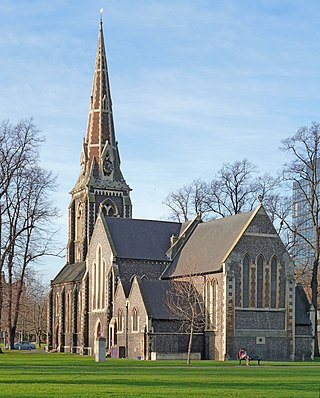The English Civil War was fought between the Royalists (Cavaliers) and Parliamentarians (Roundheads) between 1642 and 1651.
English Civil War may also refer to:

The English Civil War refers to a series of civil wars and political machinations between Royalists and Parliamentarians in the Kingdom of England from 1642 to 1651. Part of the wider 1639 to 1653 Wars of the Three Kingdoms, the struggle consisted of the First English Civil War and the Second English Civil War. The Anglo-Scottish War of 1650 to 1652 is sometimes referred to as the Third English Civil War.
The Great Rebellion or Great Revolt is a term that is generally used in English for the following conflicts:
William Stanley is the name of:
Ordinance may refer to:

The term "Cavalier" was first used by Roundheads as a term of abuse for the wealthier royalist supporters of King Charles I and his son Charles II of England during the English Civil War, the Interregnum, and the Restoration. It was later adopted by the Royalists themselves. Although it referred originally to political and social attitudes and behaviour, of which clothing was a very small part, it has subsequently become strongly identified with the fashionable clothing of the court at the time. Prince Rupert, commander of much of Charles I's cavalry, is often considered to be an archetypal Cavalier.

The Irish Confederate Wars, also called the Eleven Years' War, took place in Ireland between 1641 and 1653. It was the Irish theatre of the Wars of the Three Kingdoms, a series of civil wars in the kingdoms of Ireland, England and Scotland – all ruled by Charles I. The conflict had political, religious and ethnic aspects and was fought over governance, land ownership, religious freedom and religious discrimination. The main issues were whether Irish Catholics or British Protestants held most political power and owned most of the land, and whether Ireland would be a self-governing kingdom under Charles I or subordinate to the parliament in England. It was the most destructive conflict in Irish history and caused 200,000–600,000 deaths from fighting as well as war-related famine and disease.
The Latin phrase Lex talionis refers to the legal principle of exact retaliation. It is a principle developed in early Mesopotamian law and is also present in the Bible as "an eye for an eye". It may also refer to:

The First English Civil War took place in England and Wales from 1642 to 1646, and forms part of the 1639 to 1653 Wars of the Three Kingdoms. An estimated 15% to 20% of adult males in England and Wales served in the military at some point between 1639 and 1653, while around 4% of the total population died from war-related causes. These figures illustrate the widespread impact of the conflict on society, and the bitterness it engendered as a result.
Civil War may refer to:

Confederate Ireland, also referred to as the Irish Catholic Confederation, was a period of Irish Catholic self-government between 1642 and 1652, during the Eleven Years' War. Formed by Catholic aristocrats, landed gentry, clergy and military leaders after the Irish Rebellion of 1641, the Confederates controlled up to two-thirds of Ireland from their base in Kilkenny; hence it is sometimes called the "Confederation of Kilkenny".
Edgehill or Edghill may refer to:
Edge Hill may refer to:
Edward, Ted, Teddy, Ed, Eddy or Eddie Morgan may refer to:
First Civil War may refer to:

Turnham Green is a public park on Chiswick High Road, Chiswick, London, and the neighbourhood and conservation area around it; historically, it was one of the four medieval villages in the Chiswick area, the others being Old Chiswick, Little Sutton, and Strand-on-the-Green. Christ Church, a neo-Gothic building designed by George Gilbert Scott and built in 1843, stands on the eastern half of the green. A war memorial stands on the eastern corner. On the south side is the old Chiswick Town Hall.
Battle of Brentford can refer to several battles at Brentford, United Kingdom:
A line of communication is the route that connects an operating military unit with its supply base.
John Preston may refer to:
A root is the part of a plant, generally underground, that anchors the plant body, and absorbs and stores water and nutrients.